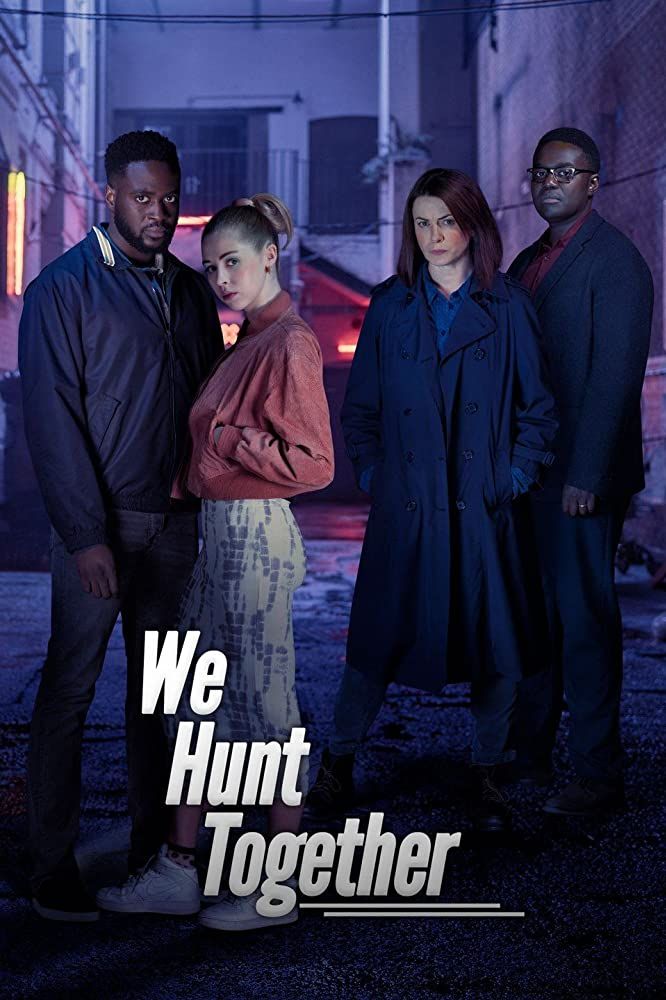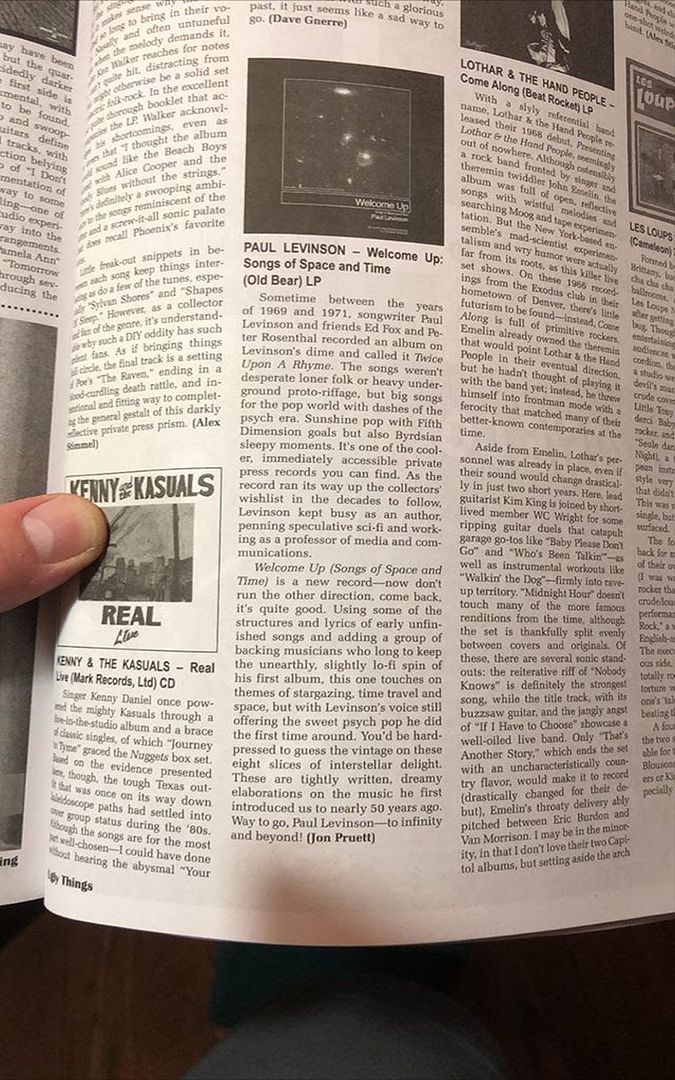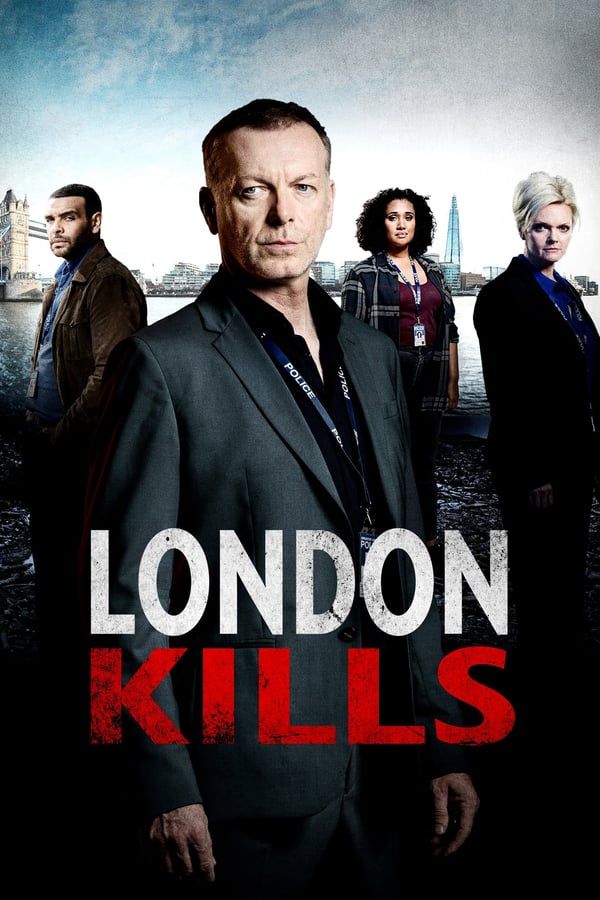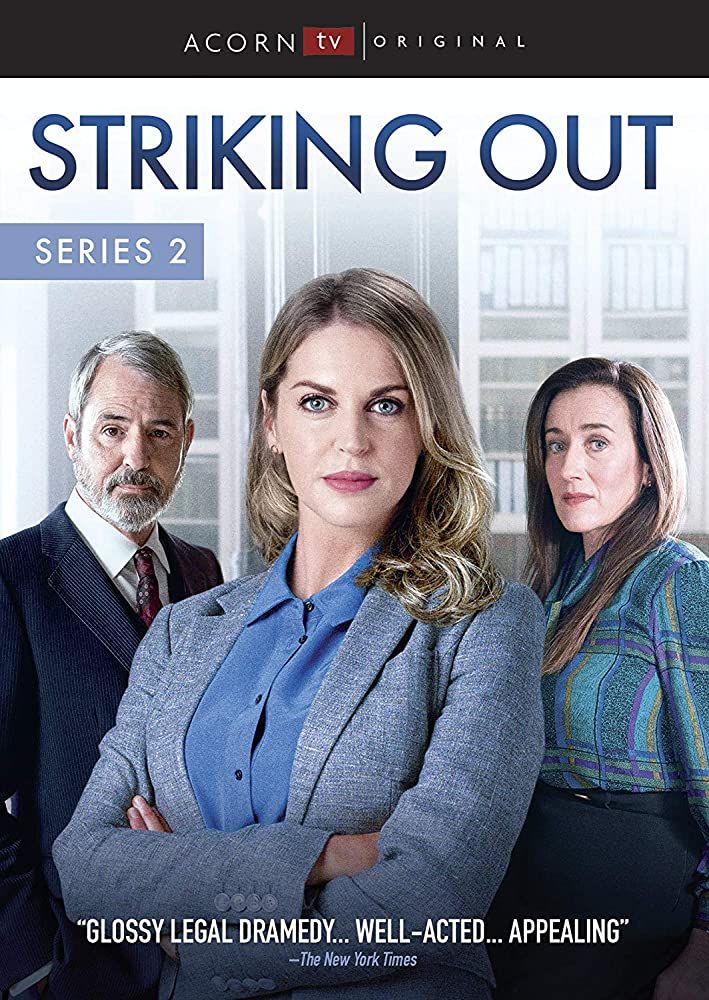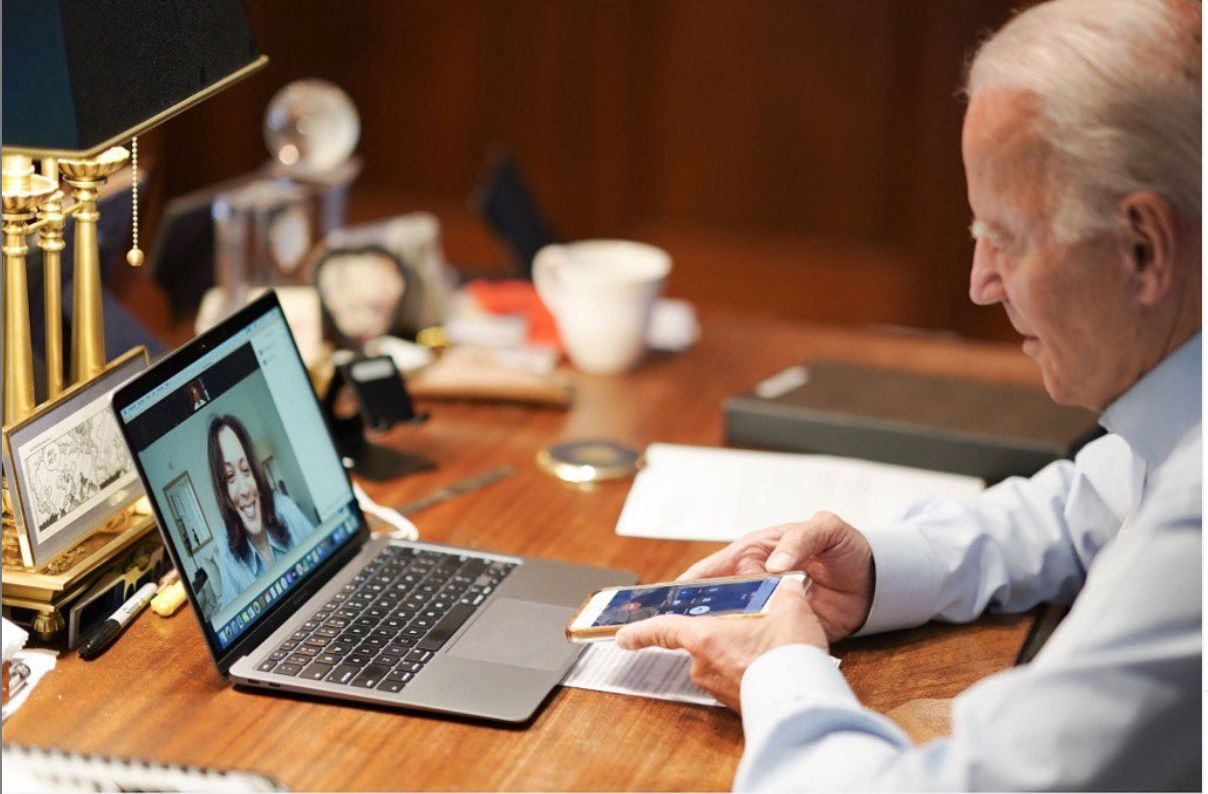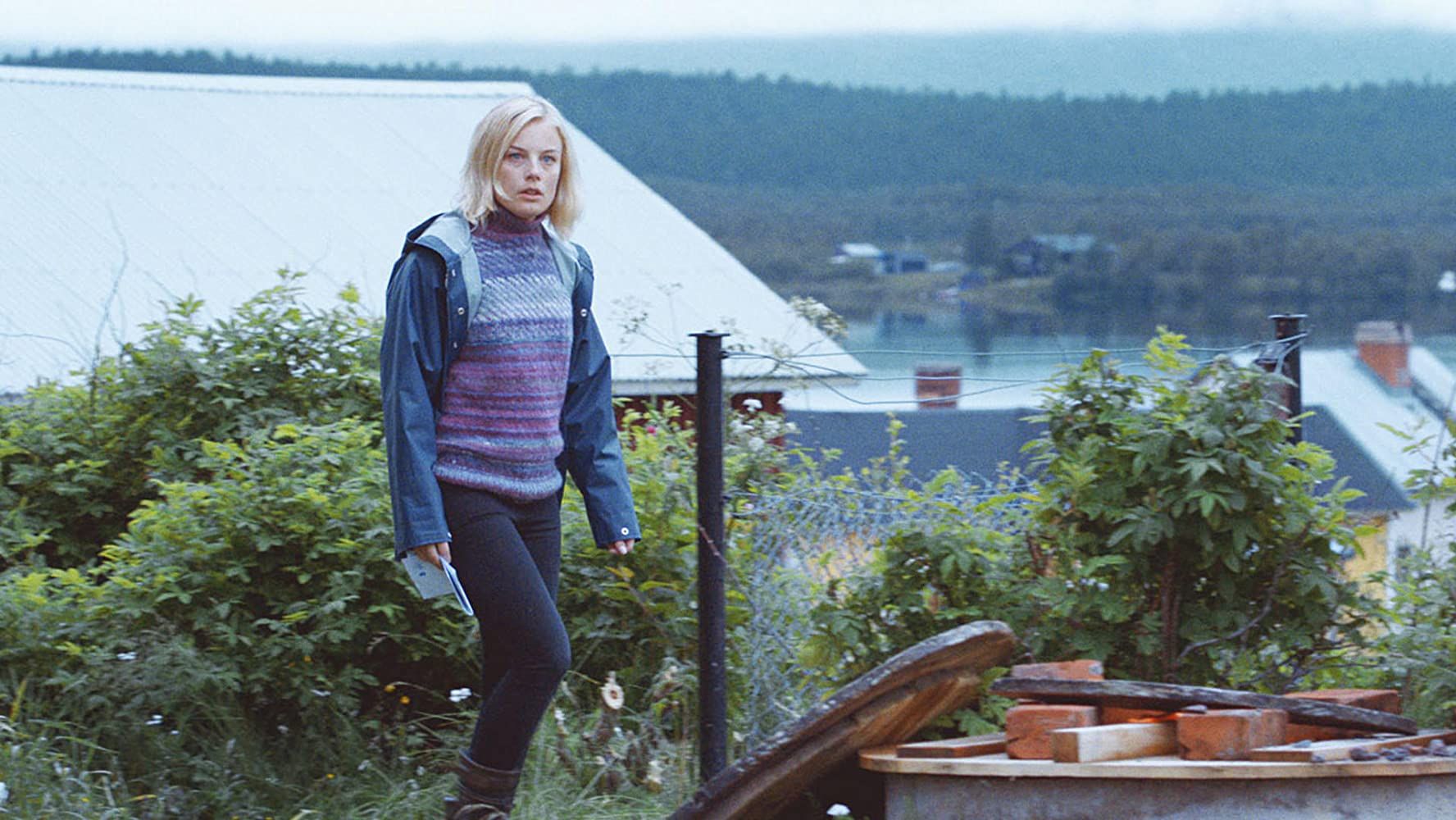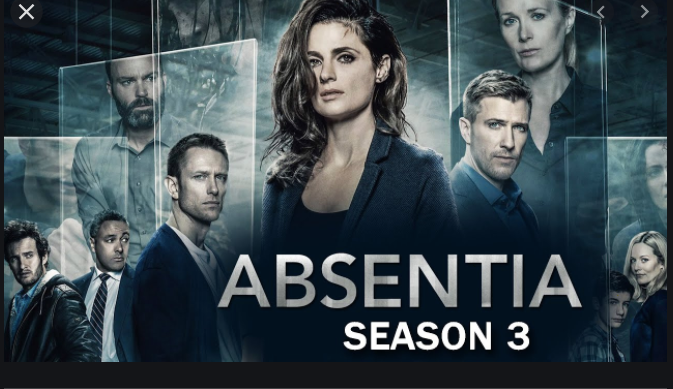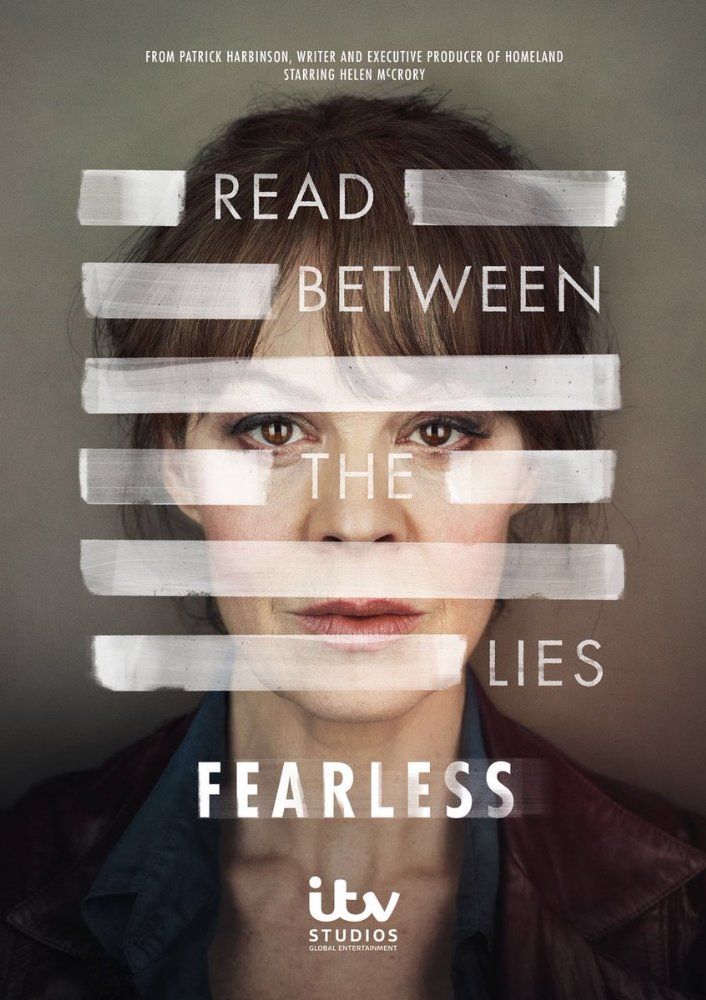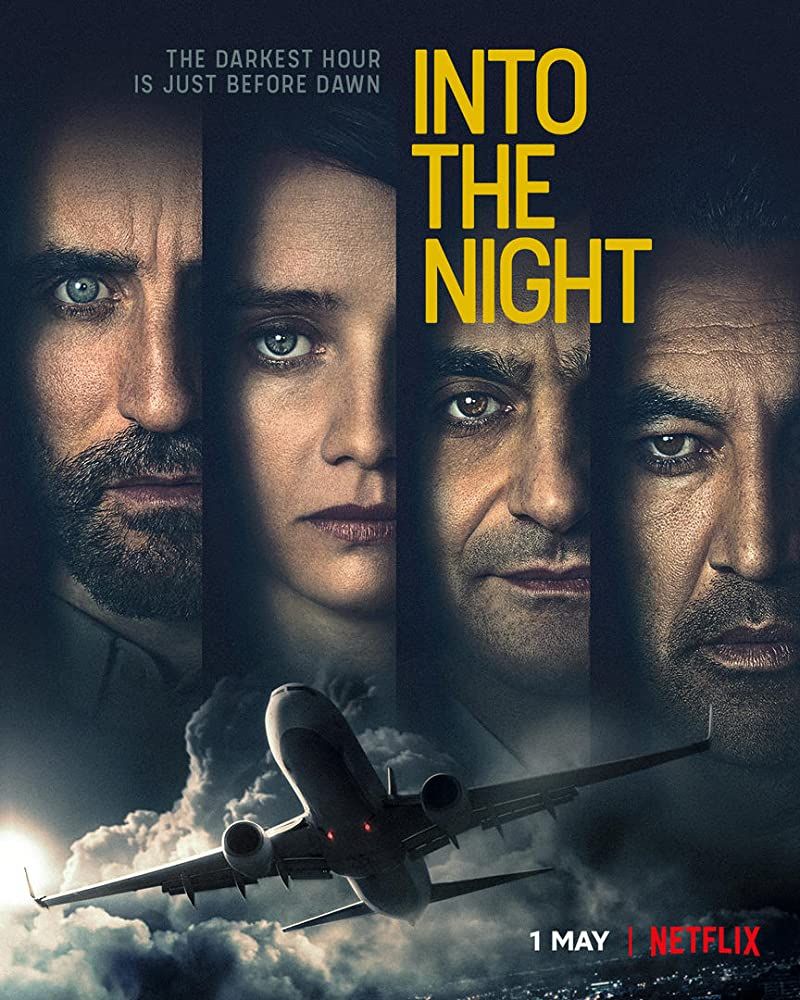
In the old days, they used to have something called B-movies. They were intended to accompany the A-movie, the main attraction, in the double features that played in neighborhood movie houses, before television came along and ate their lunch and closed them down. Many of those B-movies were quite enjoyable, but they weren’t exactly Oscar material. I don’t think there were any B-television shows, certainly none on cable and none on Netflix, Amazon video, and other streaming services. But if ever there were a streaming television series that felt like a B-movie – in this case, a six-episode movie serial – it would be
Into the Night, which started on Netflix in May 2020.
The set-up is quite simple: our sun has turned lethal, literally. A band of hapless, but fortunately talented, people end up on a plane hijacked in Brussels. It has a pilot, wounded in the hijacking, who is fortunately still able to fly his plane, before the deadly morning sun arrives. The challenge: fly west, or further into the night, and avoid the sun – as well as their own dangerous impulses – until they can find a safe place to shelter, if there is one left on the planet. To add more interest, the passengers all come with serious psychological baggage of one kind or another. And to add insult to injury, the murderous sunlight also ruins the food, making oranges taste like “chalk,” and other fruit like “toilet paper”.
The premise, that the sun’s out-of-whack polarity has made its rays into killers, has zero scientific plausibility, so far as I know. So how, then, did I come to very much enjoy this series? I’m reminded of what my late and great editor at Tor Books, David Hartwell, once told me about readers of science fiction: they will accept a total of one big preposterous element in your story, and if you’re rigorous in adhering to your premise and its implications for the rest of your narrative, they can still love your work. Into the Night is often riveting proof that the same pertains to binging a science fiction television series.
My favorite part of the series was its intrinsically, blatantly European flavor. The language is French (with English subtitles) – one of the two languages officially spoken in Belgium – and the major characters are Belgian, Italian, Turkish, and Russian; even some Scottish accents play a supportive role. There are bad guys and good guys of both genders, spurts of heroism, altruism, cleverness, as well as sheer selfishness and stupidity. In addition to the life-and-death context that propels the entire narrative, there are ample micro life-and-death situations that the individual characters find themselves in, and this makes Into the Night tough to stop watching. I watched all six episodes in one sitting.
And as I was watching, I was thinking that, given that this series takes place on the very edge of the end of the world, our time of the harrowing pandemic off-screen makes this an ideal time to watch Into the Night. Is there any research in psychology to the effect that during the time of a global crisis, watching a story about an even worse kind of global crisis is a good way to kind of get your mind off the real one? I don’t know, but I wouldn’t be surprised if that was a contributing factor in why I enjoyed the series.
I hadn’t laid eyes on any of the actors before, and had never heard of either the book on which the series is based,
The Old Axolotl, the 2015 novel by Polish author Jacek Dukaj (translated into English in 2017), or of the “creator” of the series, Jason George, who also gets the writing credit. That writing, by the way, is actually pretty sharp, and sometimes serves up a winning hipness and humor; as when one character, trying to buck up another character’s desperate attempt to bring a plane safely down on a runway with no prior piloting experience, while using a YouTube tutorial, tells her, “If we land, I’ll leave a good review.” The first-time pilot, Sylvie, has the most compelling backstory, and is well played by Pauline Etienne. All right, I guess I’ll admit that most of the other characters have interesting backstories, too, though in aggregate this band brought together against the apocalypse, cut off from the world they have no chance of saving, seem a tad too familiar, maybe because they remind me of
Lost.
But the ending leaves plenty of room for a sequel, and I’ll be happy to see it.
First published in my new column, The Other Reel, in Future SF, July 2020.


